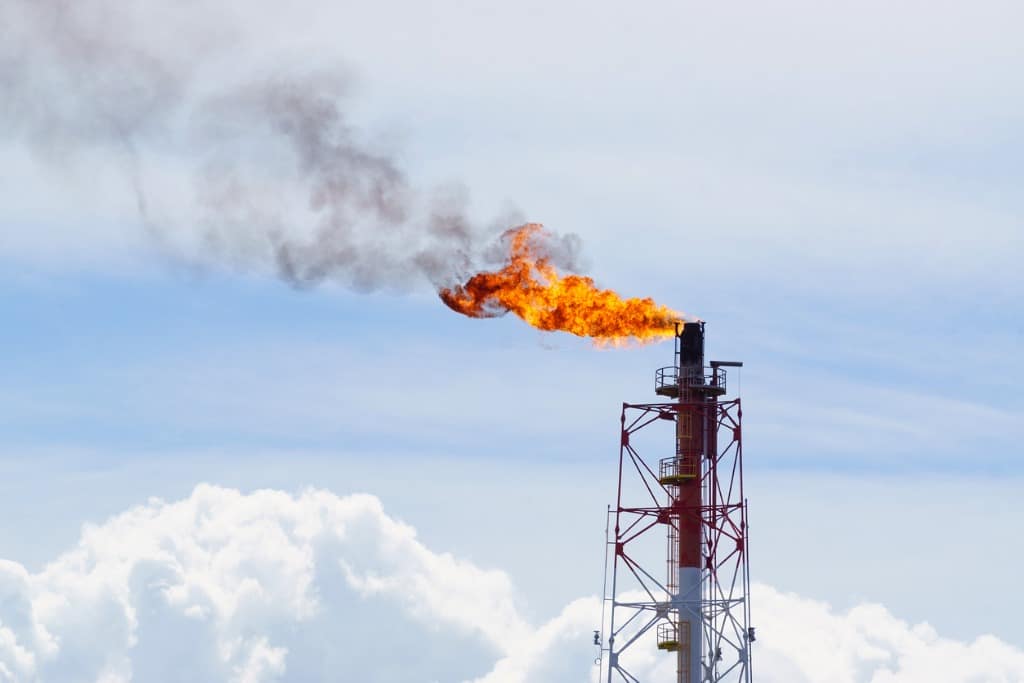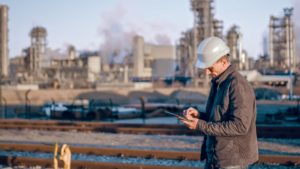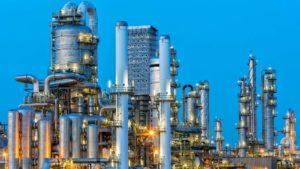
Alternative Solutions to Gas Flaring

Gas flaring is the combustion of gases generated during landfill gas extraction, petrochemical processes, CBM production, and oil and gas recovery. The standard flare used in the oil and gas industry has a stack or boom that collects undesirable gases for flaring. At the tip of the flare is an air-assist mechanism that mixes the generated gases with free air, so as to increase the efficiency of combustion.
Some types of gas require oxidation because they have a low heating value, and that means they have to be combusted with the use of a thermal oxidizer. If flare gas is produced in large quantities, it could be economically viable to use it in the production of heat and electricity. However, in many cases, it’s just not cost-effective to use flare gas for the purposes of providing energy. That means that most unwanted gases produced in oil and gas industry processes are simply eliminated by gas flaring.
There are a few significant reasons why industries, such as the oil and gas industry, use gas flaring.
- It safely combusts several volatile organic compounds
- It’s an efficient way of removing waste products from chemical production processes
- It relieves pressure on oil and gas wells and lowers the risk of explosions by venting away flammable gases
Attempts to Regulate Gas Flaring
Gas flaring regulation is the responsibility of the state where the oil and gas well or landfill is located. Bans have been implemented on gas flaring, but these bans have been largely ineffective, especially in underdeveloped countries. Since the gas market in these countries is underdeveloped, oil sales represent a huge percentage of government income. In addition, many of that country’s oil fields also have associated gas fields in the same area.
In order to effectively enforce a flaring ban, it would be necessary to shut down these fields, and that would eliminate the income they provide to government agencies. In some countries, bans would be more effective because the gas market is more mature. Some countries still have largely underdeveloped gas markets, which means placing bans on gas flaring would be ineffective. Unfortunately, those countries are also the biggest contributors to flare gas emitted into the atmosphere.
Controversy Surrounding Gas Flaring
Gas flaring is controversial because it negatively affects the environment. That has made it a priority for some economical alternatives to be developed so that oil and gas companies can manage the flare gas in a more environmentally friendly manner. The carbon dioxide from gas flaring contributes significantly to the greenhouse gas emissions produced on earth.
It would even be worse to vent flare gas directly as methane because this is even more harmful to the environment. In addition to the physical harm caused to the environment, the process of gas flaring can be a significant contributor to local noise and air pollution, thereby downgrading the quality of life for nearby communities. If all flared gas could be converted into commercial usage, it has been estimated that it would be valued at more than $20 billion, considering current price levels.
Alternative Solutions to Gas Flaring
Here are some environmentally friendly alternatives to gas flaring that oil and gas companies can utilize.
- Flare gas power generation
- Reinjection in secondary oil recovery
- Compressed natural gas
- Liquefied natural gas
- Petrochemical plants feedstock
- Gas-fired power plants & compressed natural gas fuel stations
- Development of viable gas markets
- Large-scaled industrial applications
Flare Gas Power Generation
Sometimes flare gas can be converted into an electricity generating process. Some ways that people can generate electricity from flare gas include using gas-driven turbines and employing reciprocating internal combustion engines to generate heat and electricity.
Reinjection in Secondary Oil Recovery
Natural gas generated from an oil or gas well can be reinjected into unproductive wells to rejuvenate dwindling natural pressure and reestablish production outputs. This is a very efficient use of flare gas because it reduces waste to almost nothing and provides a very efficient way of obtaining more natural resources.
Compressed Natural Gas (CNG)
Compressed natural gas is high-pressure methane derived from oil wells or landfills, and the gas itself is stored in cylinders. As an alternative to gas flaring, it is used to fuel vehicles equipped with natural gas engines.
Liquefied Natural Gas (LNG)
A safe and economical alternative to gas flaring is to liquefy and store the gases generated as a byproduct of oil and gas well production. After the gases have been purified, oil and gas companies can store liquefied natural gas for domestic use or use on an industrial scale.
Petrochemical Plants Feedstock
Most petrochemical production processes use natural gas as their primary raw material. Flare gas can be channeled into the production of rubber, glass, paint, steel, automobile hydrogen fuel, or ammonia, and all of these have widespread commercial uses.
Gas-Fired Power Plants & Compressed Natural Gas Fuel Stations
Gas-fired power plants can supply power for local industrial uses, residential electricity, hydrocarbon operations, or use by the general grid. Additionally, modular mobile fueling stations could be constructed and deployed at locations where gas flaring would otherwise be utilized.
Development of Viable Gas Markets
Since all gas markets must be used in power generation in order to be viable, it will be necessary to develop power generation facilities that make use of flare gas. However, this approach has a significant challenge because it requires the construction of power plants and electricity grids, and the cost of building that infrastructure would have to be obtained from customers. If any other approach were to be used, it could not procure enough gas and would be economically nonviable.
Large-Scale Industrial Applications
One example of this is to produce cement, ceramics, or petrochemicals because, in some of these applications, the market price for gas is already competitive compared to feedstocks.
Become a Member of COPAS
COPAS is the Council of Petroleum Accountants Societies. Members of COPAS are at the forefront of driving change and innovations that shape accounting in the petroleum industry. By becoming members of COPAS, petroleum accountants societies gain leverage in the industry, increased knowledge and insight, and a platform to collaborate with like-minded professionals. Outpace the rest and learn more about the oil and gas industry’s best accounting practices, standards, and guidelines by joining COPAS.
We established our Accredited Petroleum Accountant® (APA®) program in 1996 to certify accountants within the oil and gas industry. It ensures that petroleum accountants are proficient in the basic elements of knowledge essential to oil and gas accounting. Reach out to us if you are interested in becoming a member of COPAS!
COPAS POLICIES: Complaints | Cancellation & Refund Policy


















